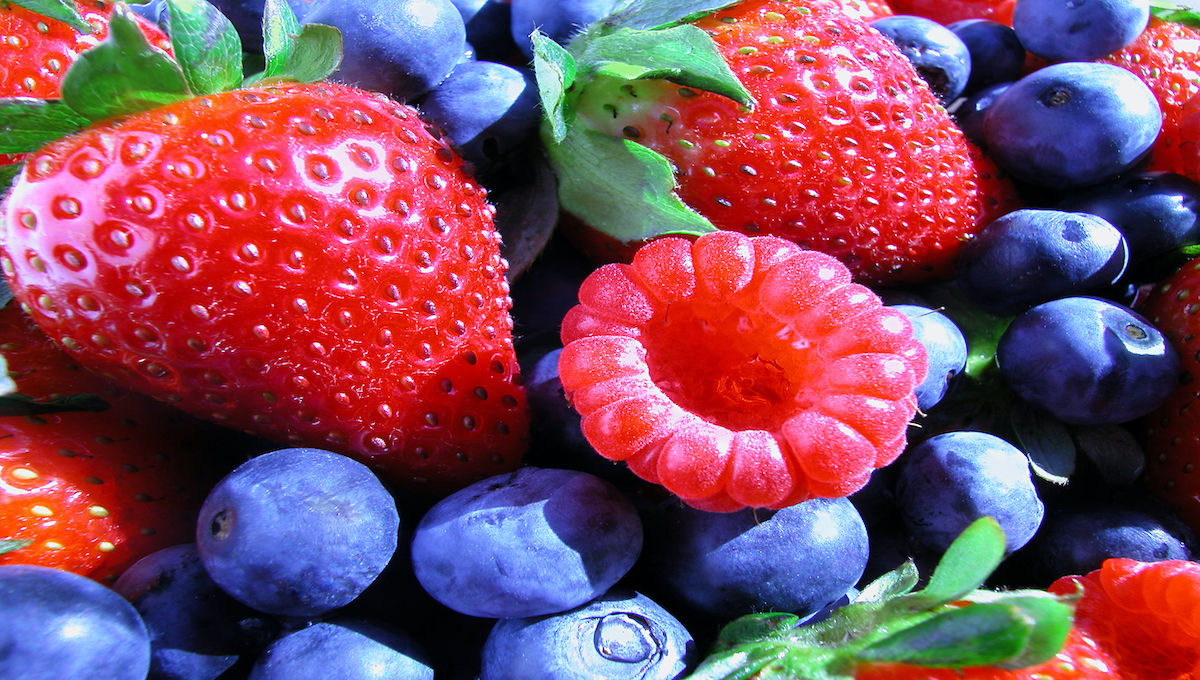
In response to a history of hepatitis A and norovirus outbreaks associated with fresh and frozen berries, the FDA is developing a prevention strategy to enhance safety.
“In the U.S. there have been four HAV (hepatitis A) outbreaks and three NoV (norovirus) outbreaks linked to frozen berries from 1990 to 2016, and since 2011, there have been three HAV outbreaks linked to fresh berries, including a current outbreak linked to fresh organic strawberries,” according to a statement from the Food and Drug Administration.
In 2016 an outbreak of hepatitis A infections was traced to frozen strawberries used by Tropical Smoothie Cafés. In that eight-state outbreak 119 people were sickened and 47 required hospitalization for liver failure and other complications.
One problem in the fight against viruses in berries is that freezing preserves berries but generally does not inactivate viruses that may be introduced at various points in the supply chain, such as by infected workers, contaminated water or contaminated food contact surfaces. In addition, fresh and frozen berries are generally eaten raw without a kill-step that could eliminate pathogens.
In August, the FDA plans to resume a special testing program, referred to as an assignment by the agency, to collect and test frozen berries. The testing program was put on pause at the start of the COVID-19 pandemic. The results of the special testing program will provide FDA information for the food safety prevention strategy for berries.
The special testing program is much like the FDA’s ongoing testing programs for leafy greens, tahini, and imported specialty mushrooms.
“The assignment seeks to estimate the prevalence of HAV and NoV in frozen strawberries, raspberries and blackberries and help the FDA identify sites where practices or conditions may exist that constitute safety vulnerabilities,” according to the FDA’s announcement.
To date, the FDA has collected and tested more than 1,100 samples under this assignment and plans to collect and test about 425 more to meet the assignment’s public health goals. The agency does not plan to collect or test any additional frozen strawberries as it has already met the collection target for that commodity.
“The FDA plans to work collaboratively with industry, academia, and regulatory partners in the development of the food safety prevention strategy to identify measures that can be taken to limit or prevent contamination from occurring throughout the berry supply chain, approaches to re-enforce control measures and their application, and areas where additional research is needed,” the agency announcement states.
For related information please see:
(To sign up for a free subscription to Food Safety News,click here)
